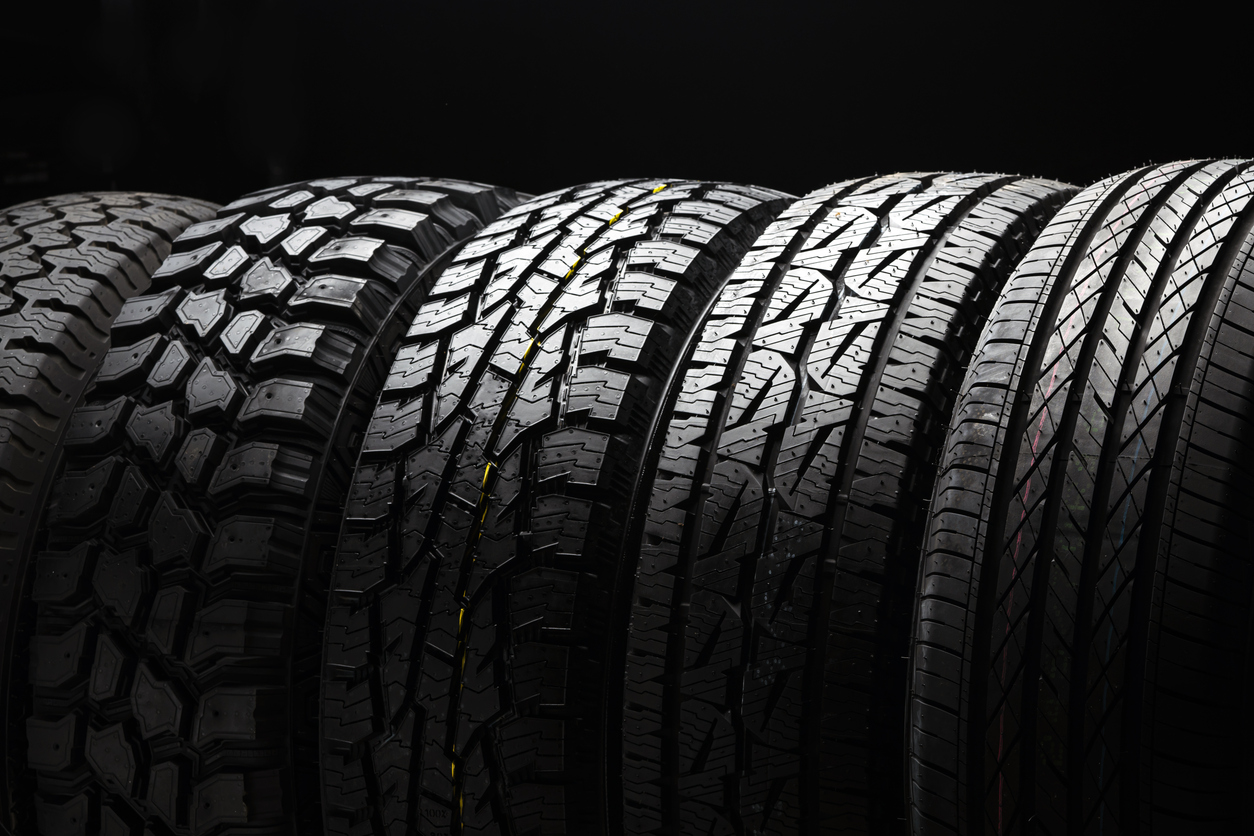ACE Laboratories is equipped with a Ueshima Rotational Traction Measuring System.
Applications for the Ueshima RTM Friction Tester include:

Traction measurement, such as acceleration and braking.

Rolling resistance measurement.

Cornering force measurement.
Technicians can customize the slip angle and ratio, load, and speed of the rotating road wheel. The Ueshima RTM Friction Tester can also recreate dry, wet, and icy road conditions, giving tire OEMs access to more traction data from a single source. The temperature and relative humidity of the testing chamber and the temperature of the water used to simulate wet road conditions can be controlled individually, allowing for more extensive customization when testing tire treads.
While most RTM friction testing is conducted with sandpaper as the abrasive material, molds can also be used to create asphalt, concrete, and other substrates. This is valuable for both the tire and paving industries, since substrate manufacturers can use RTM friction testing to evaluate the effects of substrate formulation and material changes on a control tread compound.
RTM Friction Testing from ACE
ACE Laboratories has expanded our dynamic testing lab to support the ever-changing needs of our valued customers. Our RTM friction testing services are complemented by abrasion and FPS testing, flex fatigue, dynamic mechanical analysis (DMA), and other rubber and tire testing services. Our dynamic testing experts have years of experience in the tire and rubber industries and can provide insight and support throughout the product development and validation process.
PHYSICAL TESTING
Does your product comply with regulations and match consumer expectations? ACE’s physical testing capabilities will assure that your final product meet the demands of industry standards and customer-specific protocols. Looking to outshine competitors but there is no established ASTM standard? ACE offers custom testing: We set up the test and create a method that meets standards.
ANALYTICAL TESTING
ACE’s many analytical testing capabilities include wet chemistry solutions and other analytical methods often used to verify that your materials conform to various governmental regulations. These capabilities include ACE’s rapid screening method for 6PPD alternatives to be used in tire formulations and other rubber compounds.
EXPERT CONSULTING
A team of highly trained, materials testing and consulting professionals puts ACE in the vanguard of today’s most solution-oriented independent testing labs. Our broad scope for research makes ACE a great partner for preserving product integrity in a competitive industry.

